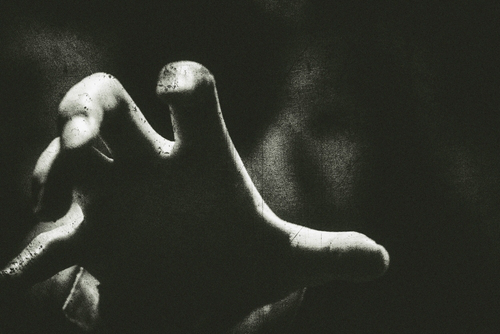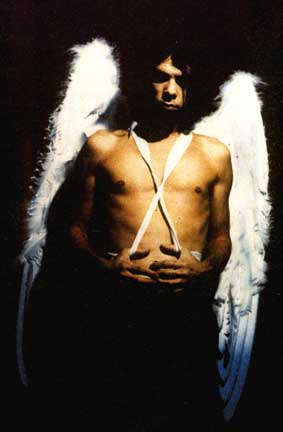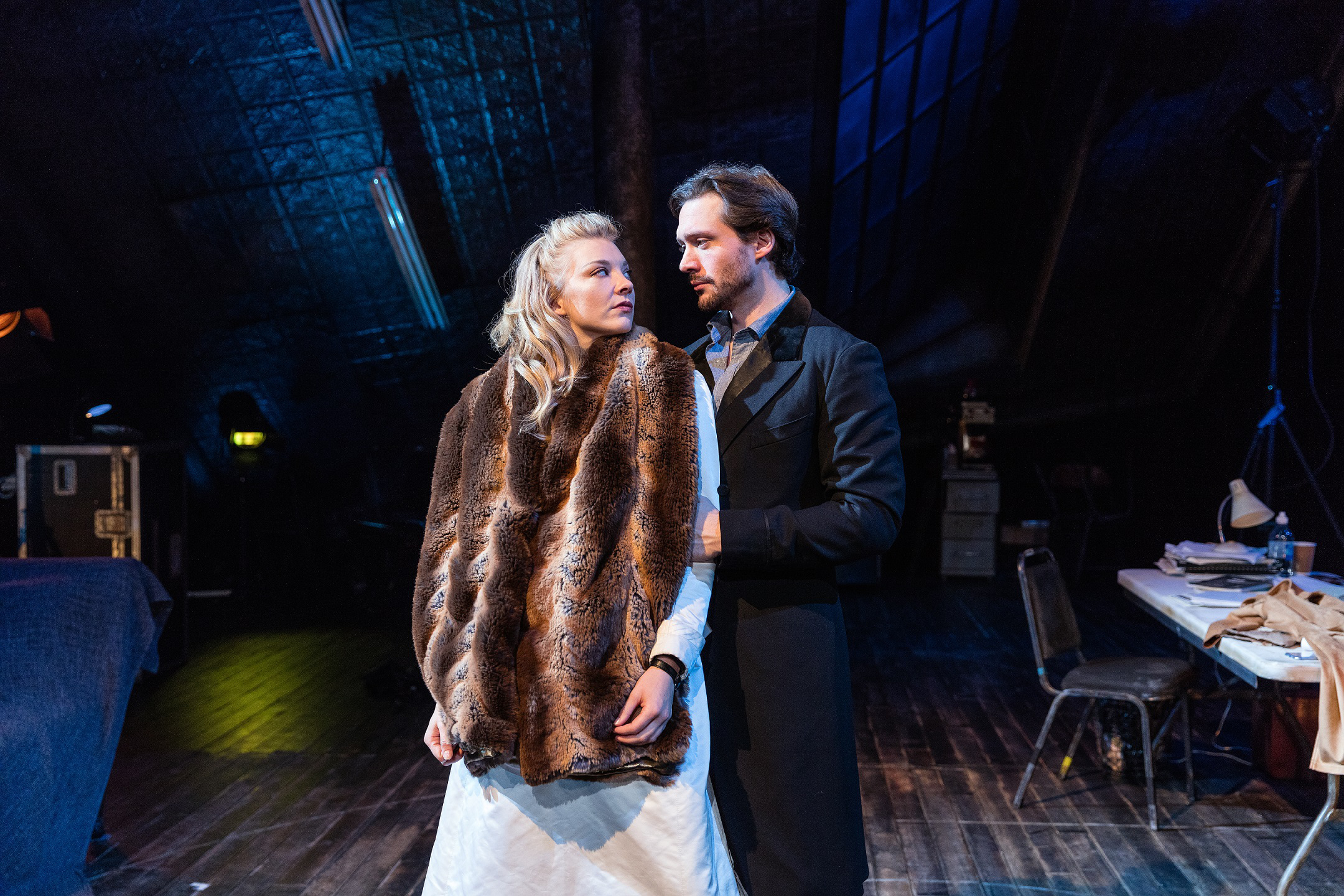Ever seen a white poster on a postbox, lamppost,wall or business card pinned to a noticeboard in a supermarket or chipper offering curious legal advice like this?

It’s likely been left there by a self-described “freeman on the land”, or “sovereign citizen” as some of them like to be called. They’re mostly active in Ireland, the US, UK and Canada.
Paul Howard has shown some curious hints that he may be a freeman, as has his associate Raymond Quinlan. Slumleaks have been asked a few questions by our readers about this, so here’s our brief introduction to freemanism.
What’s a freeman?
The freemen are a group of deeply secretive and eccentric libertarians who have a very colourful view of the foundations of law and politics. They claim the natural order of society has been disrupted by the creation of states and banking.
According to the freemen, governments have authority only as representatives of mankind. They believe in the authority of a “natural law” under God. The freemen claim governmental laws are inferior to natural law, and that people don’t have to be subject to them.
The Irish freemen claim in their manifesto that it’s not a club you can join, but rather a state of mind. They take full responsibility for their own lives and strive to “create better communities and societies without the impact of a controlling government playing a parent figure.” Accordingly, they have a unique reading of law, the state and money.
How do freemen view the law?
For freemen in Ireland, contemporary Irish law is viewed as a false system rooted in British colonialism. The real Irish law should instead be Brehon law – the laws of the ancient Celts.
“Brehon Law is the Law of Man and is in many ways superior to Common Law. Common Law is in actuality a foreign jurisdiction and you have a Right to claim Brehon Law!”
Brehon Law hasn’t been practiced in Ireland, Scotland or the Isle of Man since the 17th century, but that’s irrelevant to Freemen, as they believe our existing laws are based on a false premise.
This pseudo-legal language of freemanism does have a certain appeal to desperate landlords trying to hide something. Paul Howard has shown clear Freeman leanings in his dealings with tenants – particularly regarding legal notices and banking. This notice was found in one of his rented properties – stuck to the wall in a golden frame. It bears more than a passing resemblance to this classic work of legal thought.


The freeman influence is obvious – he refuses to allow council workers or any representative of a bank to access the property. He claims that “The land mass known as Ireland is a common law jurisdiction” and that all of this is legal as he has guaranteed it with his clan seal. Paul Howard wants the state and banks kept far from his tribe’s property, much like any good chieftain.
How do freemen view the state?
The freemen claim that the state acts as a business, treating its citizens as assets to service its debts. In their reading of the law, everybody is two different people. There is our legal self which is subject to the laws of the state. For the freeman, this is only a concept represented by things like our birth certificate and PPS number. By contrast our actual physical self is only subject to that “natural law” we mentioned earlier. As you may have guessed, the physical self is viewed as the important one.
The physical self only has to bow to the laws and courts of the land if they have consented to their authority. Much like how footballers have to accept the referee’s decisions are final to be allowed to play a match – the freemen believe you can choose not to play the government’s game simply by not consenting to their laws.
If a freeman chooses not to acknowledge or consent to the law, it has no power.
Some freemen try to apply this reasoning by copyrighting their own names – presumably the logic is that if you own to copyright of your own name, it can’t legally be used in legal documents, making any documents invalid.
This 2014 study on Freemen of the Land mentions a website where individuals can “copyright their name” after paying €250. “The names of the individuals are listed on the website… the guru behind the site stated that it keeps debt collectors away and that it was like a “parasite protection cream”.
Paul Howard’s associate Raymond Quinlan appears to share his freeman sympathies in this respect. Quinlan has copyrighted and trademarked his own name to try and separate his legal and physical selves. This webpage gives notice about this – and it’s the same Raymond Quinlan.
What do the freemen believe about money?
The freeman holds a similarly colourful view of money.
They argue that because you can no longer exchange one pound sterling for one pound of sterling silver, this means money is of no true value and is only a hypothetical concept or symbol.
By this logic, taking out a bank loan is simply taking what is rightfully yours – banks do not incur losses by lending people money, because money isn’t real. One can simply cancel loans by asking the bank to show that the loan has actually cost them their own money.
Presumably this happens after the loan has been spent.
An example of this is the WeRe bank, founded by the interestingly named “Peter of England”. The WeRe bank has its own currency – the Re, and members can get a WeRe bank cheque book.
If a WeRe bank cheque is refused (note: they always are, because they’re not an actual bank), it’s the recipient’s fault because they are acting in dishonour, so the debt can go unpaid. Apparently, it’s not the freeman’s fault that other, less enlightened, people prefer to be paid in legal tender
Paul Howard has given WeRe bank cheques to at least two of his former tenants, who thought they were being paid back their deposits. Here’s the proof.


Does freemanism have any basis in reality?
Of course not. The existence of contempt of court laws alone proves that the law is valid whether we consent to it or not.
Claiming Ireland should be subject to Brehon Law is like claiming Italy should be subject to the same legal codes as when Caesar was alive, or claiming that witchcraft should still be a crime. This excellent study from Canada thoroughly discredits most of their beliefs on how common law actually works.
Their views on banking are also complete nonsense. WeRe bank has been discredited as a scam by regulators in Ireland, New Zealand and the UK. Cheques do not have to be accepted, for a start. Even if they did, the idea of a WeRe cheque being honoured regardless of whether sufficient funds are available is absurd given that the idea entirely contradicts how cheques actually work.
It’s easy to dismiss them as harmless weirdos or hobbyists. Their Irish manifesto even has a disclaimer admitting that the information contained therein does not constitute legal advice, and their level of legal insight is summed up by this freeman’s scrawlings on a document.
Why then, would a landlord embrace this madness?
Paul Howard allegedly has good reason to keep his distance from the state and to embrace the freeman philosophy. He has insisted his tenants pay only in cash, is not registered with the RTB and has been accused of several illegal practices by his tenants.
Is it possible he has more reason to avoid the scrutiny of the law by obscuring his antics in the smoke and mirrors of freemanism?
Share this:





